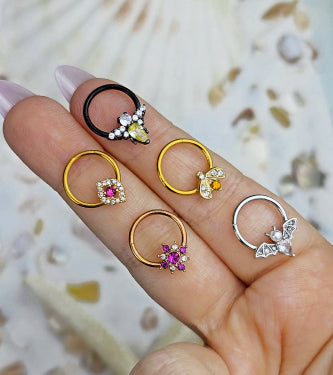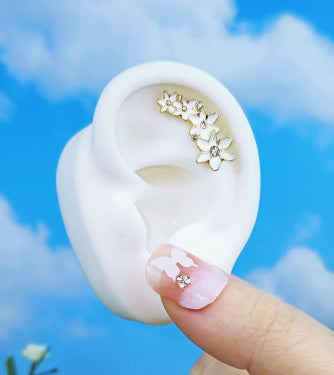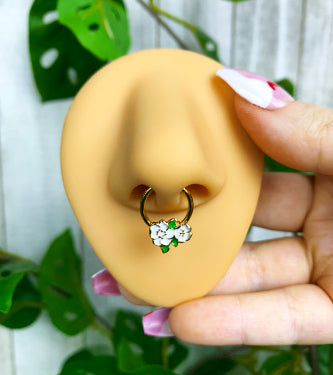Hanukkah starts on November 27th, and it’s definitely time to get ready to celebrate. For those who don’t know, Hanukkah is a Jewish holiday that lasts eight days, and just like its Christian counterpart, it commemorates a miracle. It all happened way back in 165 BC.
The Jewish people had been pushed out of their temple, their religious practices outlawed by the controlling Seleucid monarchy. During the re-dedication of the temple in Jerusalem following a successful revolt against their oppressors, only a single day’s worth of kosher oil was found to be untainted. As tradition dictates, oil must burn in the temple menorah throughout the night, every night, but it would take several days to make more. Through divine providence however, the small amount of oil burned for eight full days, just long enough to allow for new oils to be pressed, refined and blessed.
During modern Hanukkah celebrations, this very tale is often told, or a portion of it read from a holy text called the Talmud. Beginning around sunset on each Hanukkah night, the candles of the menorah are lit, followed by a round of blessings and prayers. Afterwards, songs may be sung or children’s games played, including a game of chance utilizing the dreidel. Fried foods are a big part of the revelry too, to remind the celebrants of the importance of oil. Doughnuts filled with jam and potato pancakes (or latkes) are some of the most popular.
Gifts are also generally exchanged, including chocolates, golden coins called gelt, and new dreidels. Some families give items that have religious or social significance, like theological literature, or jewelry bearing the star of David, a symbol which has become emblematic of Judaism.
No matter what you gift or how you choose to celebrate, Hanukkah is a beautiful and culturally rich festival that’s likely to continue for at least another two thousand years.






